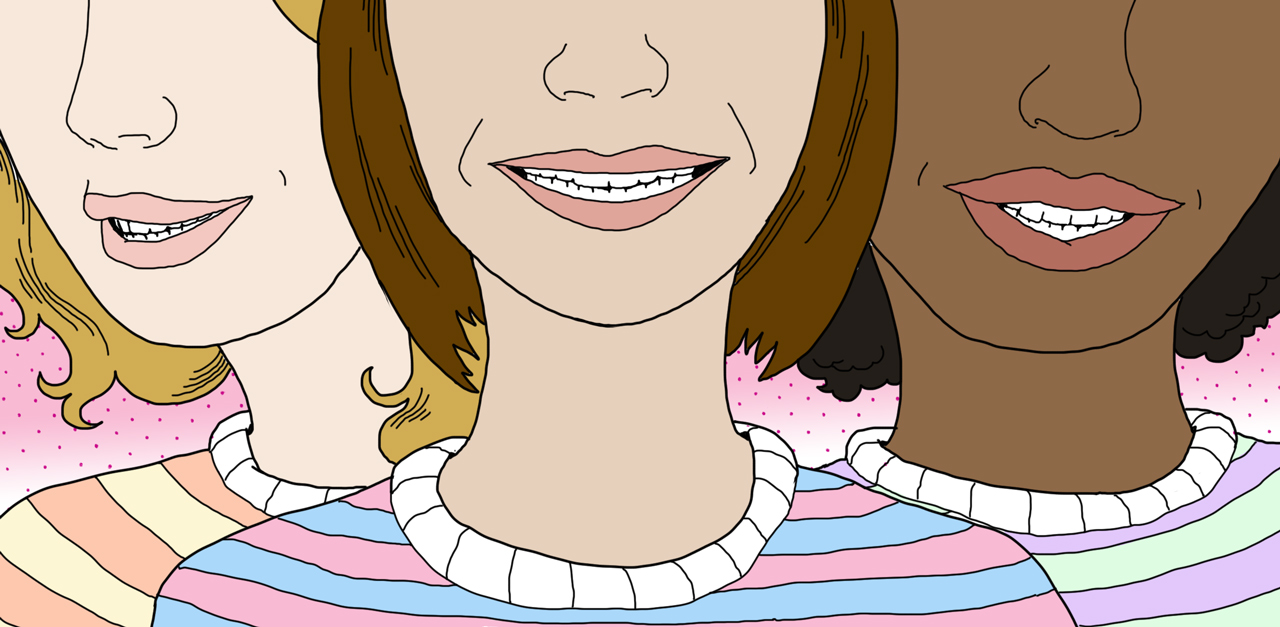
Have you ever noticed that when you get a cold, your breath smells different? Maybe you've noticed it on your partner or child.
Our mouths can actually tell us a lot about our health. And that includes everything from minor sicknesses to full-on diseases — you just have to know what signs to pay attention to when they pop up.
This may come as a surprise, but many serious health issues have red flags that can be seen right in your smile.
Some people assume that our mouths and bodies are pretty unrelated, especially since we go to different kinds of doctors for each. When we have a problem with our mouths, we go to the dentist. For everything else, we go to a general practitioner.
In fact, our smiles and mouths can tell us a lot about our overall health. Your teeth and gums may even indicate some serious health issues that you should know about.
Photos: Wikimedia / Lucaperabo; Laura Caseley for LittleThings
Connection Between Mouth And Body

Your mouth and body are innately connected, and your mouth can tell you a lot about your overall health.
According to the Ontario Dental Hygienists' Association (ODHA), "Most people don't connect their mouths to the rest of their bodies. There is a link. Research shows that tooth decay (cavities) and periodontal (gum) disease may contribute to many serious health conditions."
What To Watch Out For
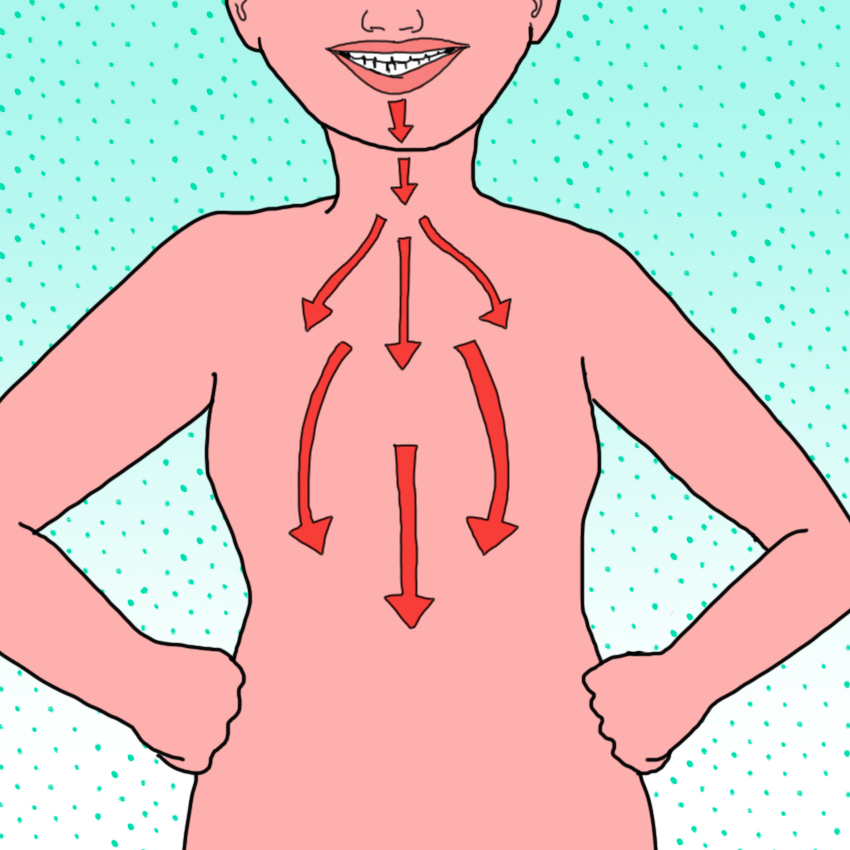
Every so often, you should take a close look at your teeth and make sure there are no surprises. You should also always pay attention to any pain or discomfort your feel.
Pay attention anytime you start having mouth issues, because cavities and gum disease can be indicators of serious health conditions.
Health Issues Your Smile Can Alert You To #1: Heart Disease
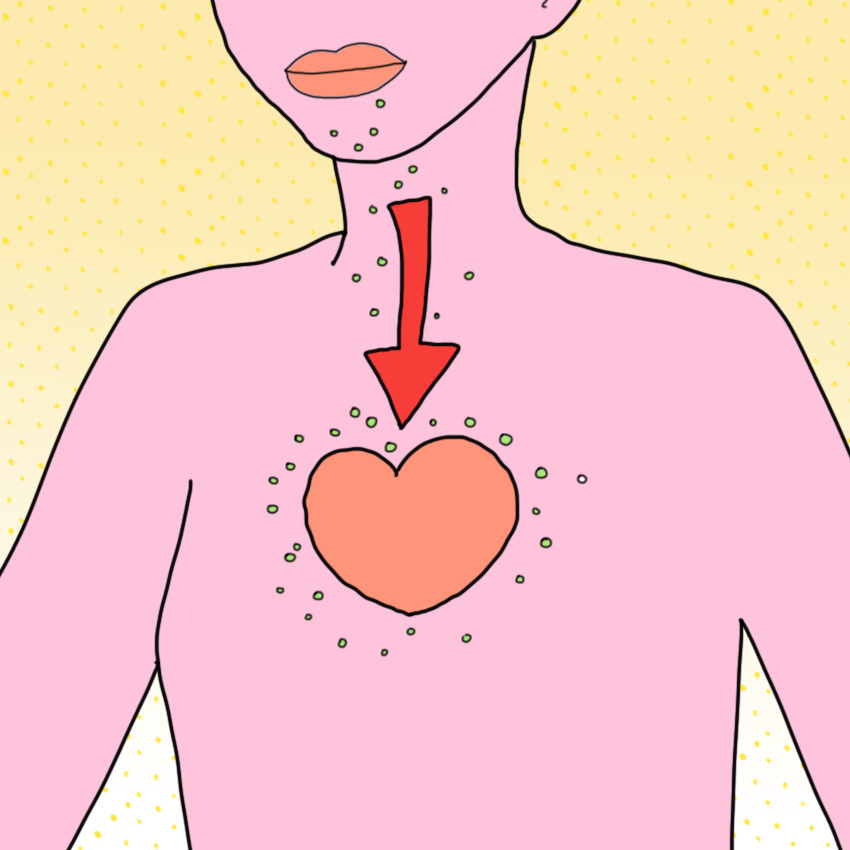
According to the ODHA, "Bacteria from diseased gums can contribute to the formation of artery-clogging plaques and to infective endocarditis, a condition in which the interior lining of the heart and heart valves become inflamed. Left untreated, this condition could lead to a fatal infection."
Additionally, "Research suggests that periodontitis is associated with an increased risk of developing heart disease and that people with chronic gum disease have increased thickness of their neck blood vessels," explains the Mayo Clinic.
#2: Stroke
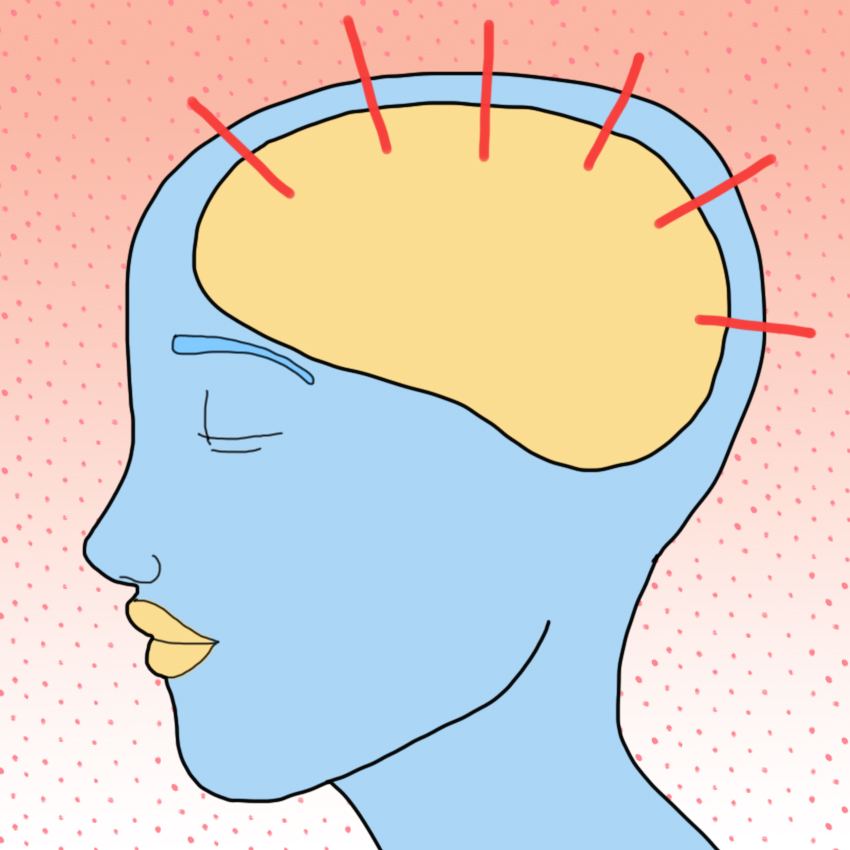
People with gum disease may also be more likely to experience strokes than people without.
The ODHA explains, "A university study found that those with cavities and gum disease suffered strokes twice as often as those with good oral health."
#3: Diabetes
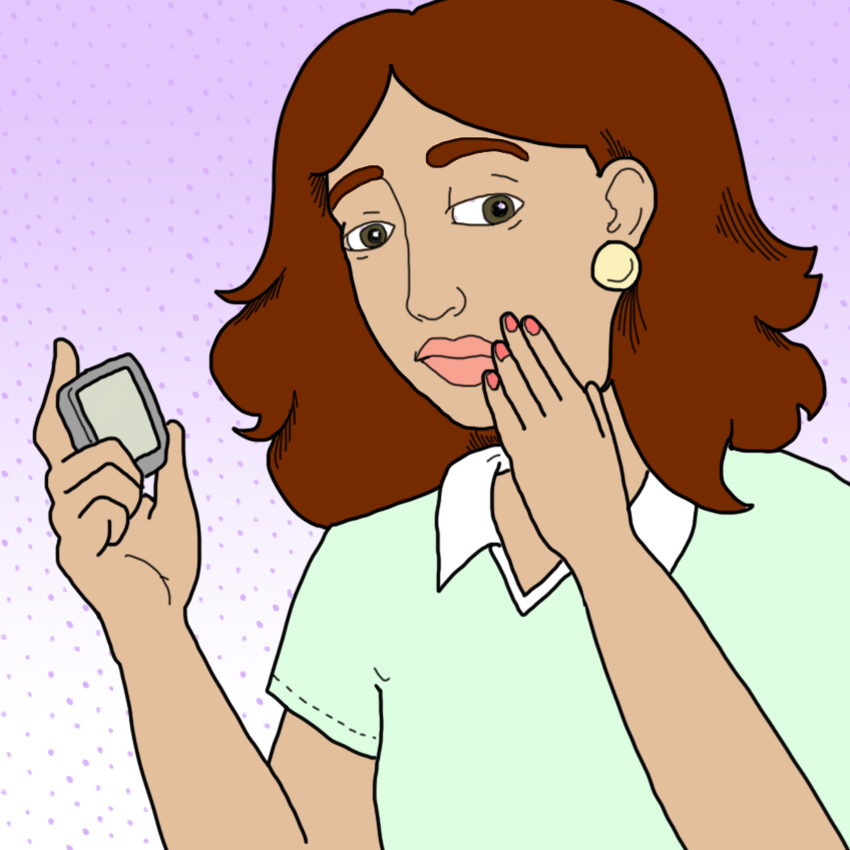
The Mayo Clinic explains, "There is a strong correlation between diabetes and cardiovascular disease, and evidence that people with diabetes benefit from professional teeth cleanings."
In addition, "People living with diabetes are prone to a variety of bacterial infections, including gum disease. Oral infections can make it difficult to control diabetes and cause complications, since the bacteria from severe gum disease may increase both blood sugar levels and the length of time the body struggles with high blood sugar," says the ODHA.
#4: Respiratory Disorders
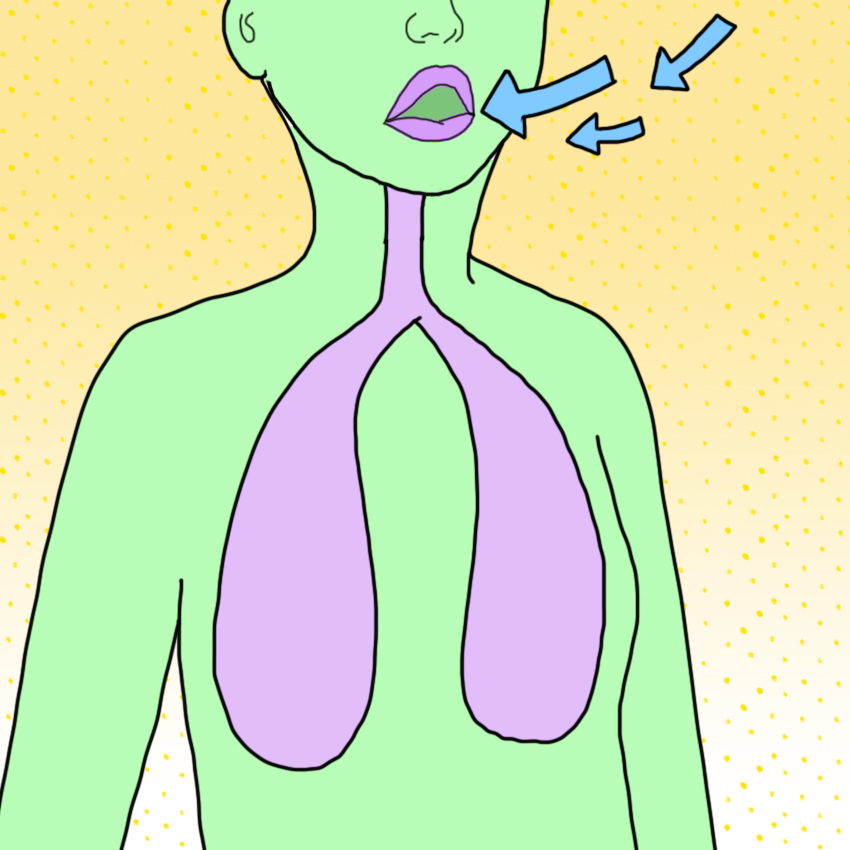
The mouth can also affect respiratory health. The ODHA explains, "Some respiratory infections are caused by inhaling micro-organisms from the mouth and throat into the lungs."
Some of the respiratory disorders that gum disease can worsen or even cause include: chronic obstructive pulmonary disease (COPD), pneumonia, bronchitis, and emphysema.
#5: Osteoporosis
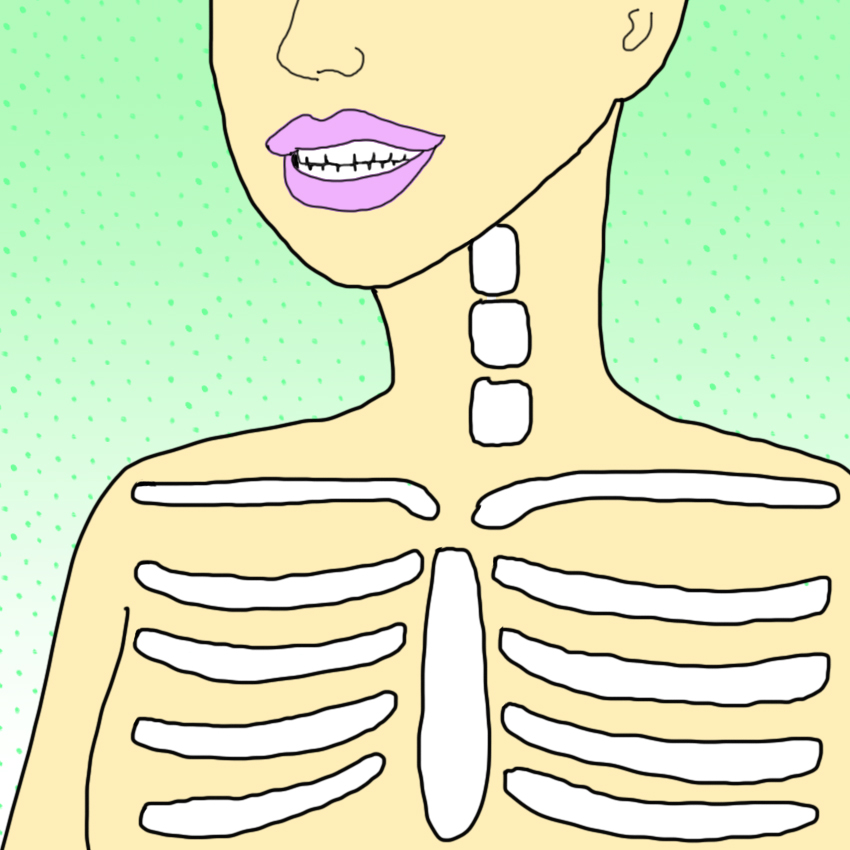
WebMD explains that osteoporosis and periodontitis have something in common: they both involve bone loss. Gum disease affects the jawbone, while osteoporosis affects the longer bones in the legs and arms.
The Mayo Clinic explains, "Osteoporosis — which causes bones to become weak and brittle — might be linked with periodontal bone loss and tooth loss."
#6: Pregnancy-Related Problems
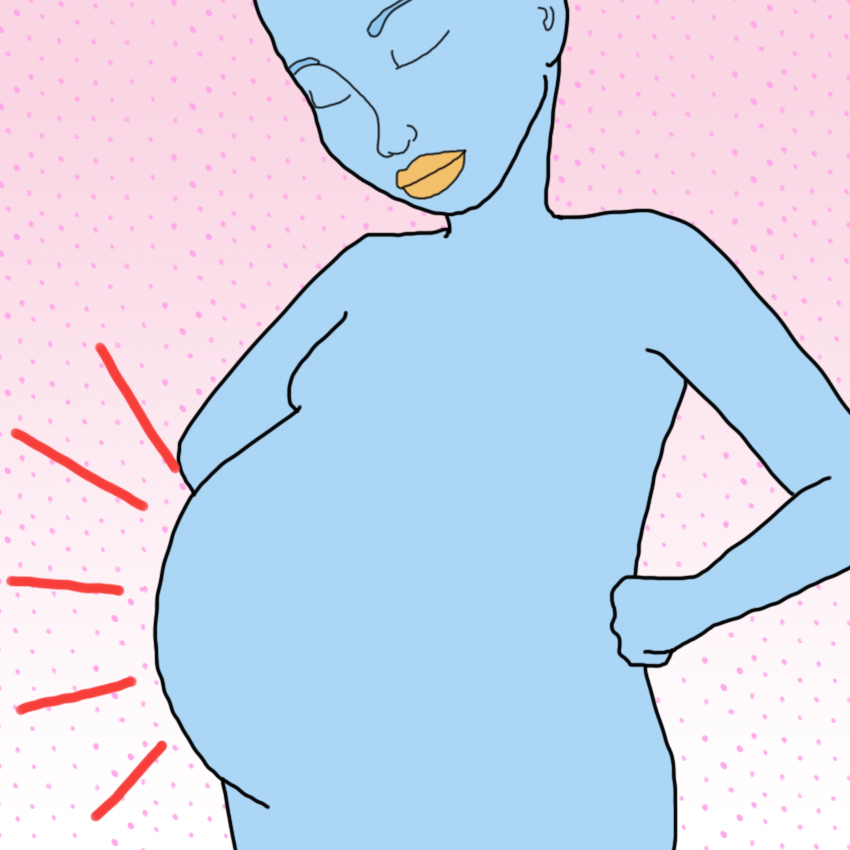
Dental and mouth issues have also been linked to pregnancy and birth problems.
According to the Mayo Clinic, "Periodontitis has been linked to premature birth and low birth weight."
Furthermore: "Bacteria from gum disease may trigger an inflammatory response that might induce premature labor and delivery," explains the ODHA.
What To Do
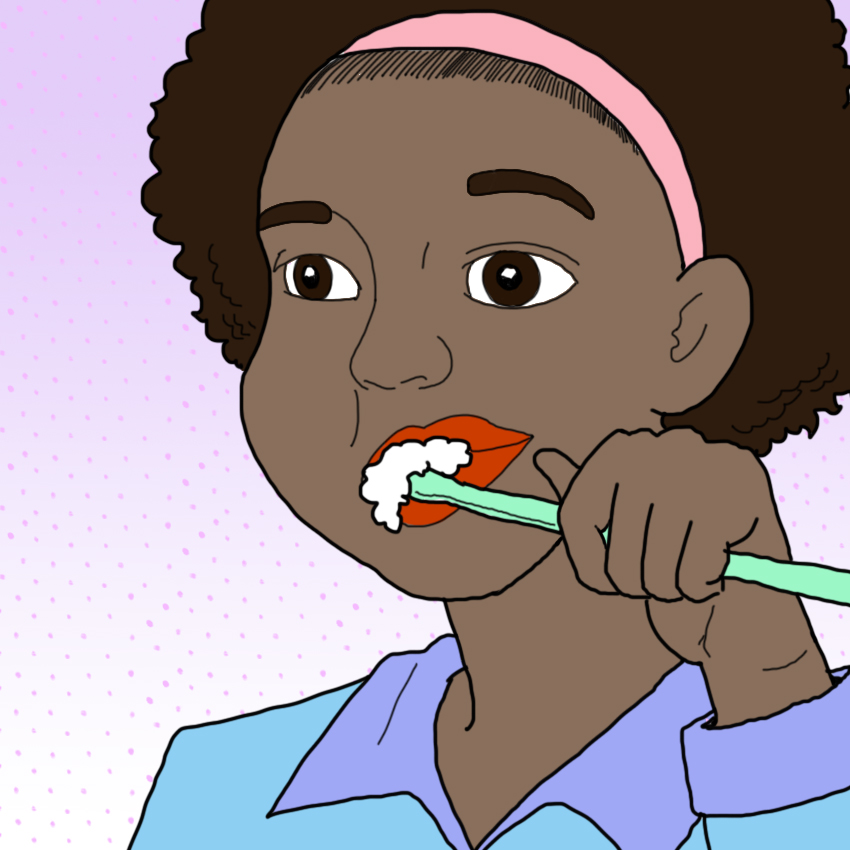
The best thing you can do when it comes to your smile, mouth, and overall health is to maintain your dental hygiene!
You should brush your teeth twice a day, floss every day, and visit the dentist regularly for cleanings and checkups.
If you think people should know more about the mouth-body connection, please SHARE this article with your friends!




